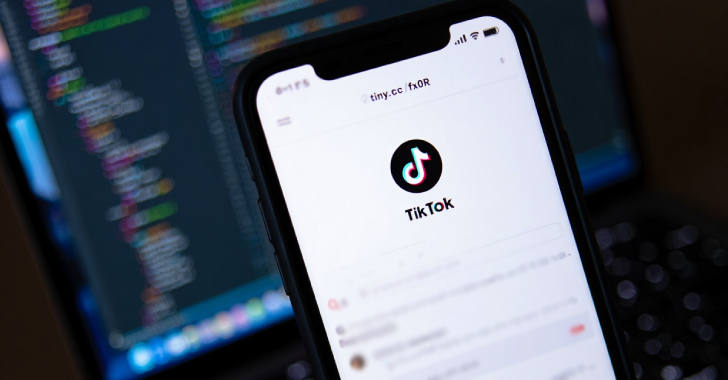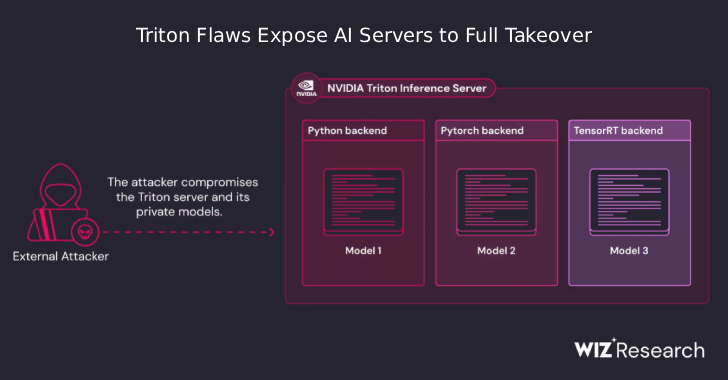Biden Issues Sweeping New AI & Cybersecurity Regulations
Tech Enters Its ‘Obamacare’ Phase with the Advent of ‘Obamacode’
Obama’s back and Judgment Day’s here.
In a significant policy shift reminiscent of the healthcare reform under Obamacare, the Biden Administration has announced a comprehensive new set of regulations addressing the rapidly evolving field of artificial intelligence (AI) and cybersecurity.
This move, paralleling last May’s cybersecurity regulation updates, marks a major change in the government’s approach to technology, signaling its deeper integration into the economy and societal structure.
The announcement came at the end of last month. The regulations, which were developed based on heavy input from former president Barack Obama, will be a major game-changer for organizations already dealing with head-spinning evolutions in the AI and cybersecurity domain.
The Biden Administration’s new executive order introduces sweeping changes for businesses, especially those involved with Software as a Service (SAAS) companies. The new rules, reflecting the focus of the Biden administration, include:
Mandatory Federal Incident Reporting
Requiring businesses, especially SAAS companies, to report cybersecurity incidents to the government.
Enhanced Internal Security Measures
Implementing stronger measures like multi-factor authentication and zero-trust architecture.
Software Supply Chain Vigilance
Increasing scrutiny and management of software supply chains to prevent security breaches.
AI Safety and Security Standards
The National Institute of Standards and Technology will develop standards to ensure AI systems are safe and secure before public release.
AI-Enabled Biological Material Risk Management
Establishing new standards to protect against the risks of AI in creating dangerous biological materials.
Content Authentication and AI-Generated Content Detection
Developing guidelines for detecting AI-generated content and authenticating official communications.
Advanced Cybersecurity Programs
Utilizing AI tools to identify and rectify vulnerabilities in critical software and networks.
Privacy and Data Protection
Accelerating the development and use of privacy-preserving techniques in AI, including measures to protect individuals’ privacy in training data.
AI in Criminal Justice System
Developing best practices for the use of AI in various aspects of the criminal justice system, including sentencing and risk assessments.
AI Research and Development Promotion
Catalyzing AI research across the U.S. and promoting a fair, open AI ecosystem, particularly for small developers and entrepreneurs.
The executive order mandates strict compliance for AI by government agencies and contractors, with the National Institute of Standards and Technology enforcing rigorous safety and security standards under the Defense Production Act. AI products must undergo detailed safety testing before release and will be distinctly marked to address ethical and copyright concerns. The order also protects privacy, civil rights, consumer rights, scientific research, and labor rights.
AI, once celebrated by leaders like Musk and Zuckerberg, now stands at the forefront of complex ethical and societal discussions. Innovations like ChatGPT have shifted AI from technological marvel to a point of intense scrutiny, echoing past debates over human cloning. Growing skepticism, reminiscent of the dot-com era, is fueled by concerns over AI’s unpredictable evolution and risks, including its role in creating deep fakes. Critics, including Noam Chomsky, criticize certain AI applications as “high-tech plagiarism,” while labor sectors like automotive manufacturing worry about AI-induced job losses, concerns highlighted in recent strikes.
However, the path to comprehensive AI legislation is fraught with challenges, especially with the 2024 election looming and Congress struggling to reach consensus on basic governance issues. This situation presents a significant challenge, particularly in controlling potential “nightmare scenarios” related to AI, such as disruptions in employment and legal systems through issues like robot defamation and virtual piracy.
To assist businesses in adapting to these new changes, Cyber Defense Advisors offers unparalleled thought leadership in data protection, legal compliance, and business growth strategies. We provide support to ensure companies navigate this new regulatory era without compromising security or financial stability.
Contact us for any guidance you may need to stay compliant and secure in the face of these sweeping changes.






